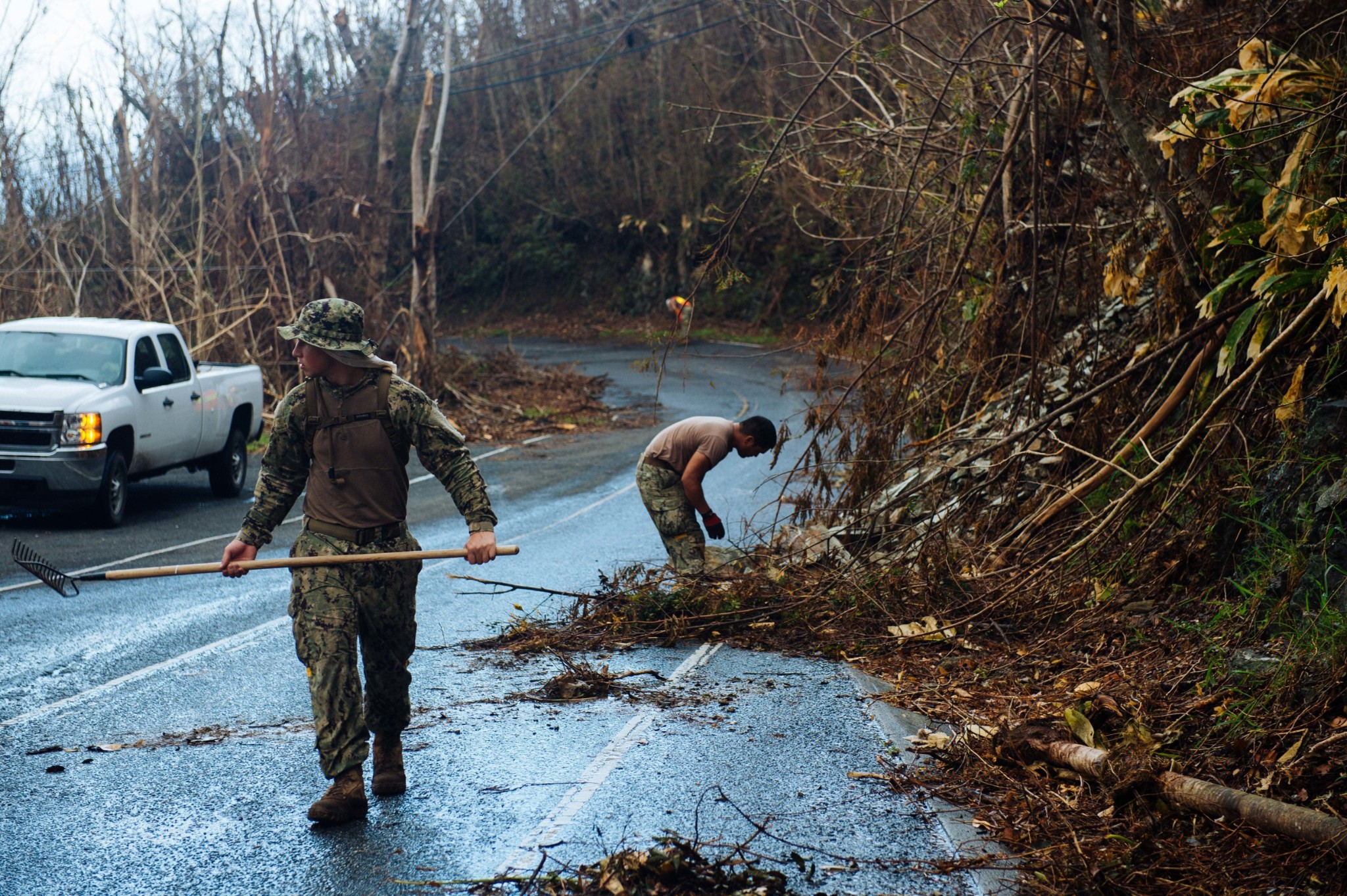
Regaining Global Climate Leadership
Drought, wildfires, flooding, heat waves, downpours, major hurricanes—all of these severe climate and weather-related events are on the rise. This year alone, the United States has experienced 18 weather and climate disaster events costing over $1 billion. According to a survey of federal disaster declarations conducted by the Washington Post, nearly one in three Americans live in a county hit by a weather disaster in the past four months. This summer’s assessment from the United Nations’ Intergovernmental Panel on Climate Change found that the long-feared era of disastrous climate change has arrived. The Biden administration recognizes the need for action. Still, they will have to overcome stiff political challenges to advance the president’s goals and position the United States as a global leader on climate change.
In an unprecedented move, this past week several federal departments released reports and threat assessments detailing how climate change and national security are increasingly linked. The Department of Homeland Security, which includes the Federal Emergency Management Agency and the U.S. Coast Guard, warned of climate-related emergencies of growing severity and frequency, as well as increasing competition for resources as ice melts in the Arctic Ocean. The intelligence community released the first of its kind National Intelligence Estimate (NIE) on climate. The NIE, which represents a consensus view of all 18 intelligence agencies, found that climate change will compound the risks to American national security over the coming years and could cascade into security challenges due to resource scarcity and demographic pressures as well as increased geopolitical competition and cross-border tensions. The Department of Defense climate risk analysis focused on the strategic risks of climate change and how the military will incorporate climate issues into its security strategy. The White House released a fourth report on the geopolitical implications of climate-related migration and the relationship between climate change, migration, and conflict. One model cited in the report forecasts that climate change could lead to the displacement of nearly 150 million people from the developing world by 2050 and warned that the accelerating trend of migration might result in increased conflict and violence.
In addition to the aforementioned reports from the national security enterprise, the Financial Stability Oversight Council, the body charged with identifying risks to the financial stability of the United States, issued a report finding that climate change is a serious economic threat. The Council, which is chaired by Treasury Secretary Janet Yellen and includes Federal Reserve Chairman Jerome Powell, found that climate-related impacts are “imposing significant costs upon the public and the economy” and that it was their responsibility to “ensure the financial system’s resiliency to climate-related risks.” This report may portend additional regulatory action.
The climate moves this week were certainly intended to signal that the Biden administration plans to take serious action to address the climate crisis. These dire warnings show that climate change is not a distant challenge to be dealt with in the future but a clear and present threat requiring immediate action. However, it also coincides with action on the nation’s most ambitious plan to address climate change facing headwinds on Capitol Hill. As negotiations of the Build Back Better plan continue, it is becoming increasingly clear that a critical component of President Biden’s climate agenda, the Clean Electricity Performance Program—a $150 billion clean electricity program designed to replace the nation’s coal- and gas-fired power plants with wind, solar and nuclear energy—will be dropped. Removing the program from the broader reconciliation bill will weaken President Biden’s hand and diminish America’s standing as a global leader on climate when he travels to Scotland later this month for the United Nations climate change summit.





